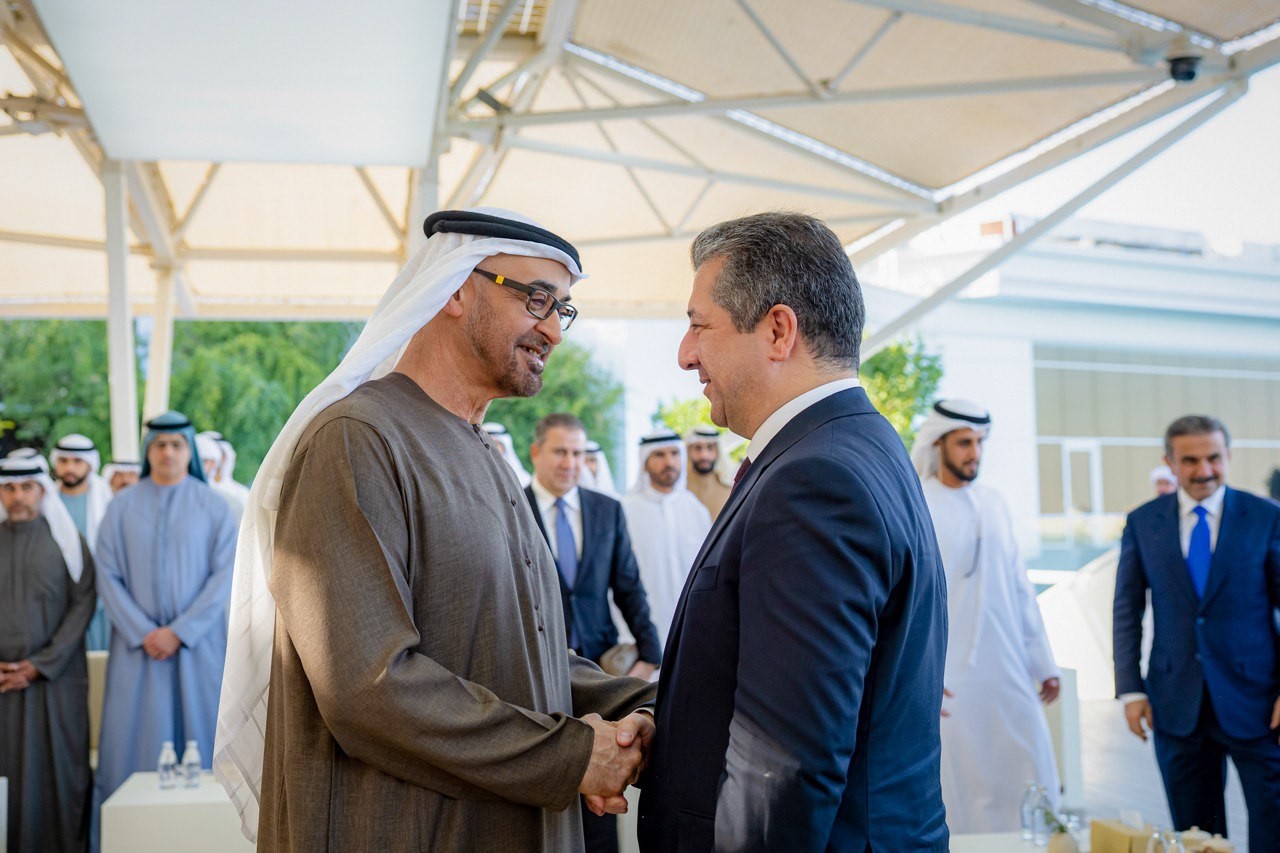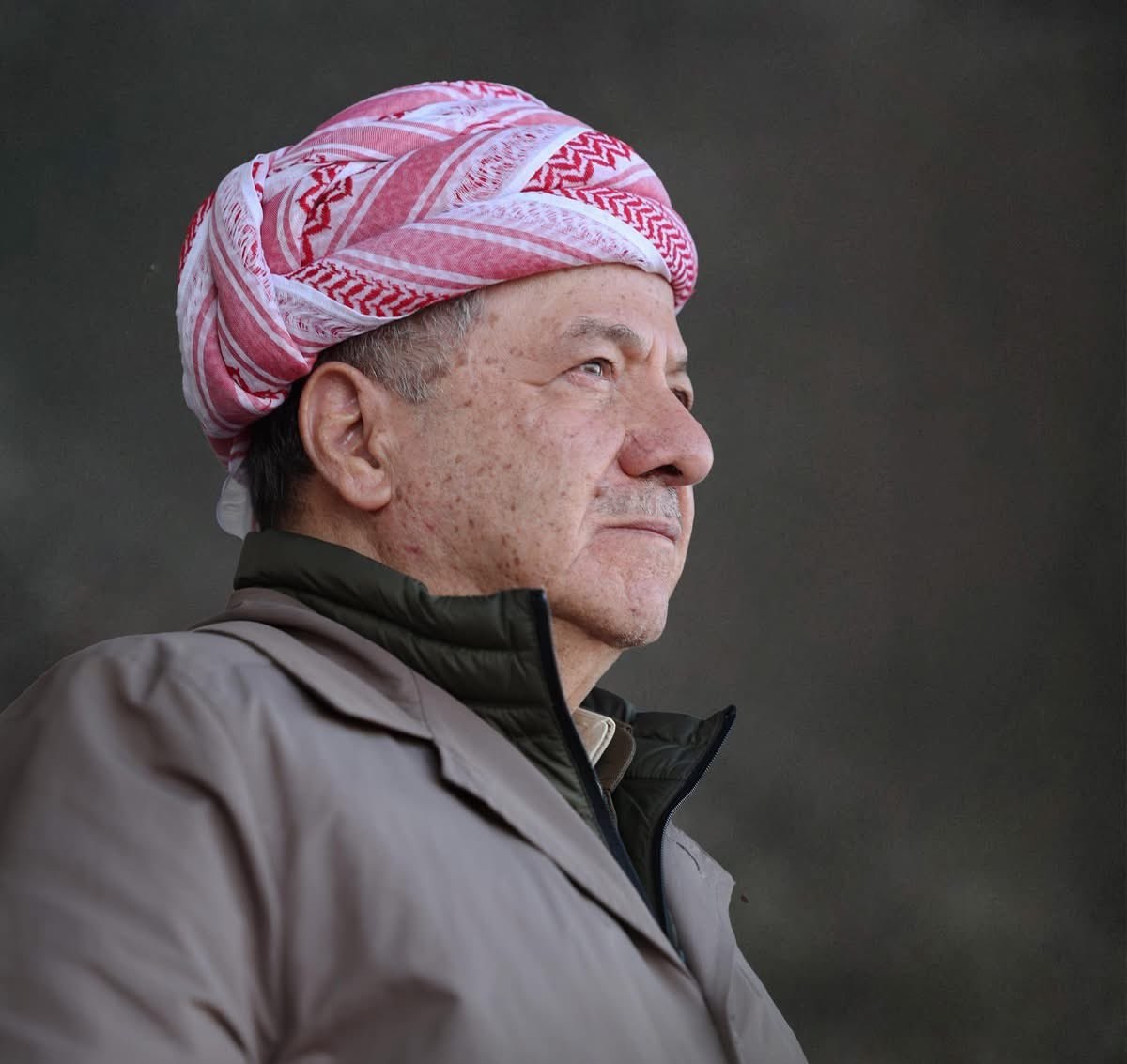The U.S. Consulate General in Erbil in a post on X on Saturday underlined that the United States will continue to partner with the Ministry of Peshmerga Affairs to build the peshmerga forces’ capacity.
“Our Office of Security Cooperation visited a peshmerga munitions warehouse to discuss U.S. support for safety and security improvements to the site,” the U.S. Consulate General in Erbil said in a post on X.
A renewed non-binding memorandum of understanding signed by the U.S. Department of Defense and the Ministry of Peshmerga Affairs in 2022 committed to providing support to the peshmerga, but only if key reforms continue.
Our Office of Security Cooperation visited a Peshmerga munitions warehouse to discuss U.S. support for safety and security improvements to the site. We will continue to partner with @KRG_MOPE to build the Peshmerga Forces' capacity. pic.twitter.com/2gXPf65t3G
— U.S. Consulate General Erbil (@USCGERBIL) November 2, 2024
Peshmerga soldiers are split between political factions, with 70 units under the Patriotic Union of Kurdistan and 80 units under the Kurdistan Democratic Party. The goal of the peshmerga reform project is to unite these units as Regional Guard Brigades under the MoPA by 2026.
Several countries support this project, including Germany, United States, France, the Netherlands, the UK, and Italy.
During the MERI Forum in Erbil on October 29, Kurdistan Regional Government Prime Minister Masrour Barzani underlined that the plan is to gradually integrate the various peshmerga forces – which were established under different names – into a unified structure.
“This means we’ll eventually have joint forces, the same peshmerga personnel, and a unified chain of command under the Ministry of Peshmerga Affairs,” he explained.
He also underlined that all financial accounts for the forces would be centralized, with the Ministry of Peshmerga Affairs as the sole supervising authority.
“Likewise, we aim to establish a single, unified hierarchy for all peshmerga forces, entirely under the Ministry’s umbrella,” he said.
He also emphasized that a crucial part of the reform plan is ensuring that decisions affecting the peshmerga are made solely by the Ministry of Peshmerga Affairs – not by individual political parties or personal interests.
“In my view, we could achieve this integration within four years, although there may be obstacles along the way. Let’s see what challenges arise,” he concluded.

